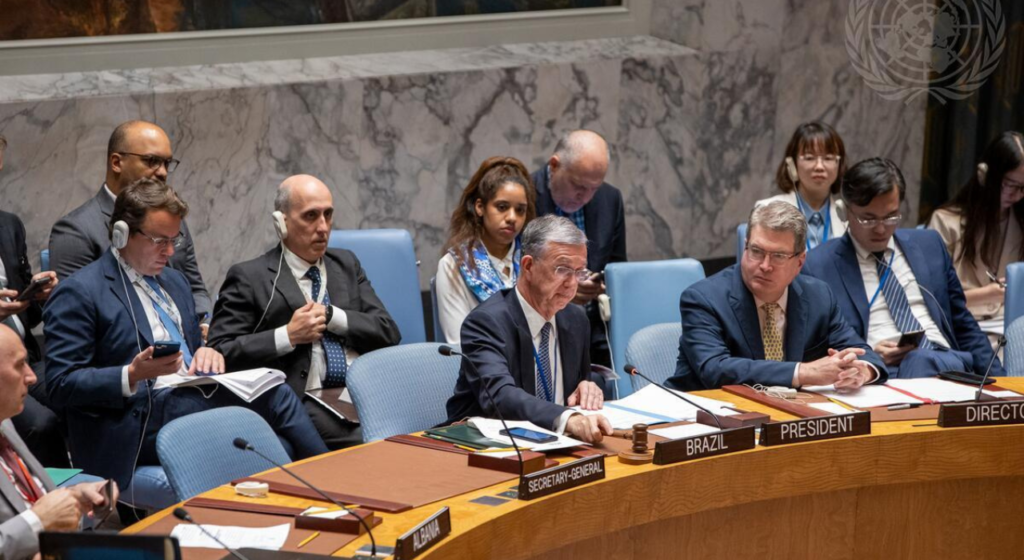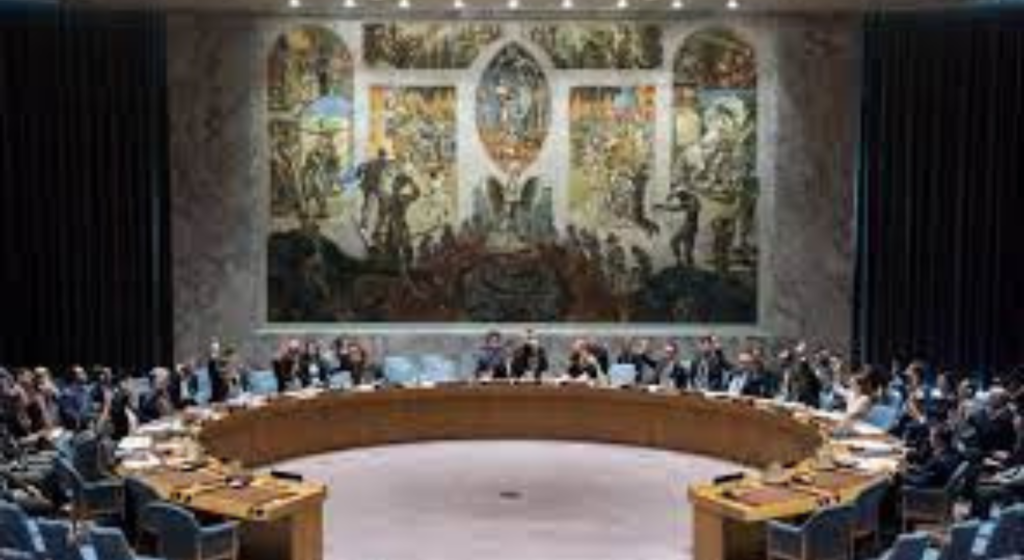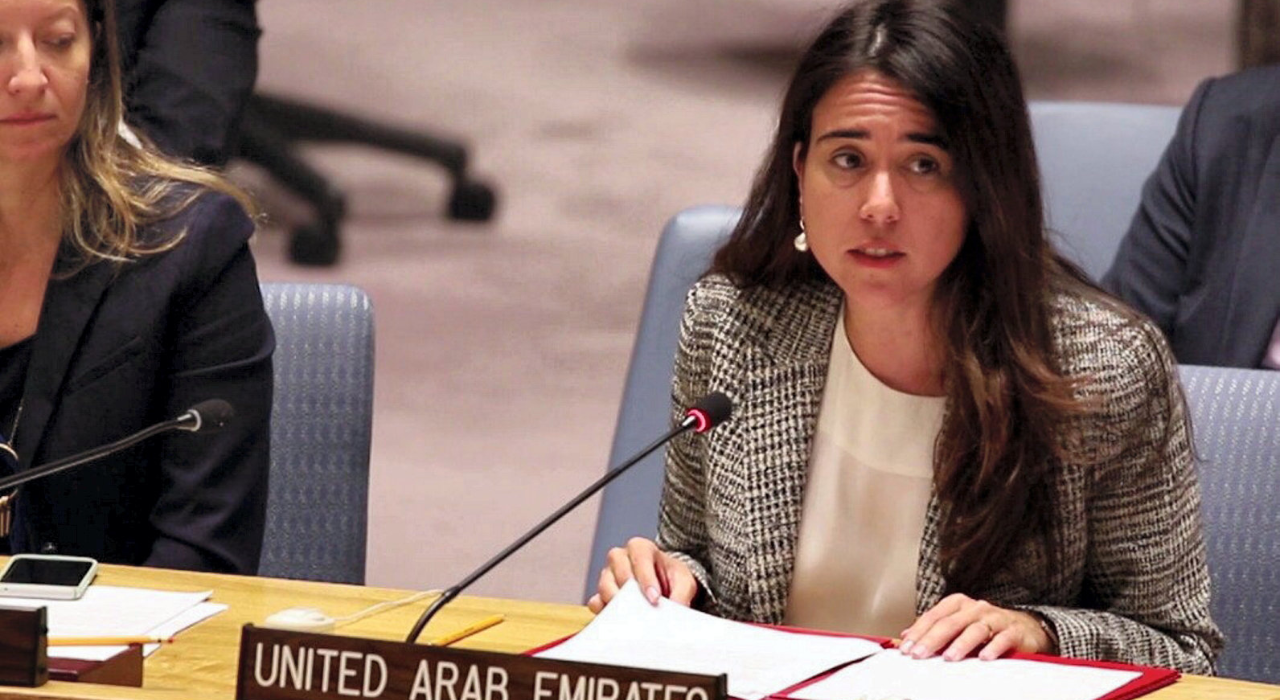Every year, the United Nations General Assembly selects five new temporary members to join the United Nations Security Council (UNSC) for a two-year term. These members work alongside the five permanent members, namely the United Kingdom, United States, China, France, and Russia.

UNSC Enlarges with Five Fresh Non-Permanent Seats
In the period from 2022 to 2023, the United Nations Security Council welcomed the UAE, Albania, Brazil, Gabon, and Ghana as its non-permanent members. Moving forward to the 2024-2025 term, these positions will be taken over by the newly elected members Algeria, Guyana, the Republic of Korea, Sierra Leone, and Slovenia.
UAE’s Contributions During its UNSC Term
As the term came to a close, the UAE Mission to the UN shared their reflections on social media. They expressed their commitment to advancing the UAE’s core values of tolerance and co-existence, guided by the leadership of His Highness Sheikh Abdullah bin Zayed Al Nahyan, the UAE Minister of Foreign Affairs.
Prioritizing Tolerance for a Better Tomorrow
They also mentioned that during their tenure, they actively supported Palestine and various Arab causes. Additionally, they took a strong stand for the Women, Peace, and Security agenda in regions like Afghanistan and Haiti. Furthermore, they played a role in enhancing the Council’s involvement in addressing issues related to Climate, Peace, and Security.
Global Efforts in Addressing Climate Change
A remarkable accomplishment during this period was the UAE’s pivotal role in driving conversations about the intersection of climate change and its impact on peace and security. Even in the face of increasing global challenges, the mission remained steadfast in its commitment to diplomacy, consensus-building, and acting as a bridge between nations.
Evaluating Last Decisions in the Security Council
As its term on the UN Security Council concluded, the UAE took a significant step by urgently convening a meeting to address the escalating violence against Palestinians in Judea and Samaria. The council focused on the conflict in Gaza, condemning terrorist attacks and urging the immediate release of hostages in the region. The adoption of UN Security Council Resolution 2720 on December 22, 2023, marked a pivotal moment, calling for increased aid to address the 2023 Gaza humanitarian crisis, encompassing vital provisions such as fuel, food, and medical supplies.
The UAE approached its tenure on the Security Council as both an honor and a weighty responsibility. The nation’s diplomatic endeavors have undeniably made a lasting impact on the global stage.

The Purpose and Powers of the UN Security Council
The foundation of the United Nations, outlined in its Charter, introduced six key organs, with the Security Council holding a pivotal role in maintaining global peace and security. The Council is empowered to convene whenever international peace is under threat.
The Charter articulates four primary purposes for the United Nations:
- Maintaining international peace and security.
- Fostering friendly relations among nations.
- Collaborating to solve global issues and promoting respect for human rights.
- Serving as a hub for coordinating the actions of nations.
All UN members commit to accepting and carrying out the decisions made by the Security Council. While other UN organs offer recommendations to member states, the Security Council uniquely possesses the authority to make decisions, which member states are then obligated to implement as outlined in the Charter.
Maintaining Peace and Security Worldwide
When the Security Council is presented with a complaint about a potential threat to peace, its initial response typically involves recommending that involved parties seek resolution through peaceful means. The Council has several options at its disposal, including outlining principles for an agreement, conducting investigations and mediation, deploying missions, appointing special envoys, or urging the Secretary-General to employ diplomatic efforts for a peaceful settlement.
If a dispute escalates into hostilities, the Council’s primary objective is swift resolution. In such cases, the Council may issue ceasefire directives to prevent further conflict escalation, send military observers or peacekeeping forces to ease tensions, separate opposing forces, and establish a conducive environment for peaceful settlements.
In more extreme situations, the Council may resort to enforcement measures such as economic sanctions, arms embargoes, financial penalties, travel bans, diplomatic relations severance, blockades, or, in the most serious cases, collective military action. The Council’s overarching aim is to target those responsible for policies or practices condemned by the international community, while minimizing the impact on other segments of the population and the economy.
